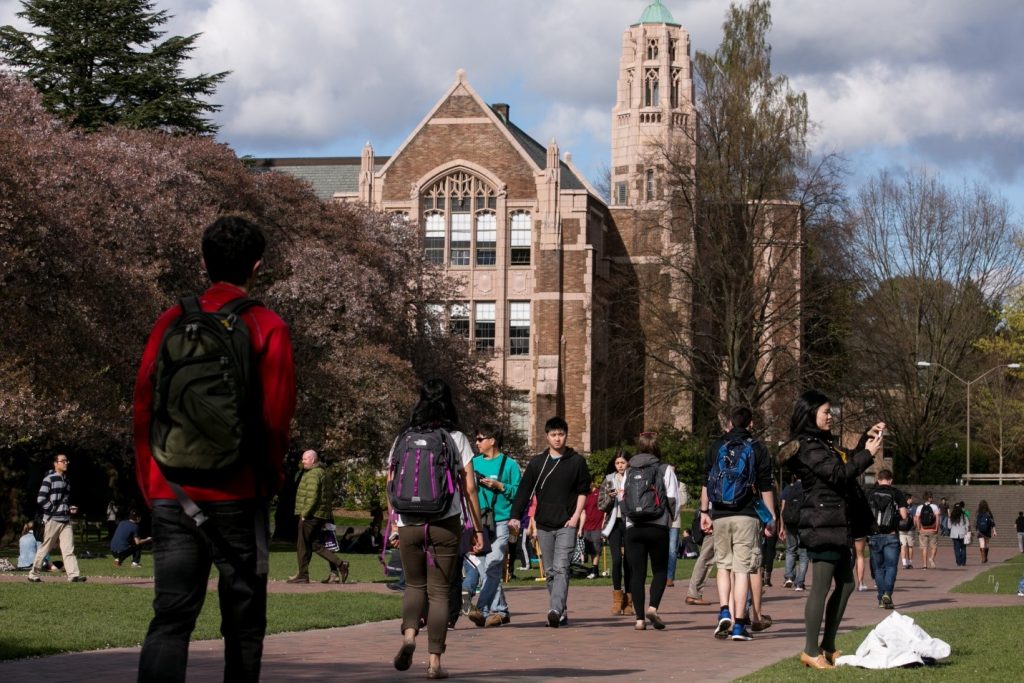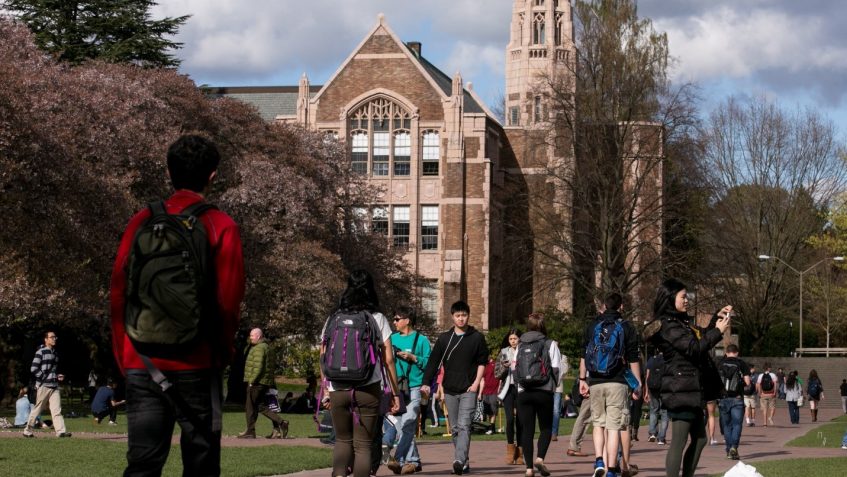For decades, our state has struggled to guarantee financial assistance for all low-income college students in the state who qualify. Nearly 18,000 people met the requirements for Washington’s State Need Grant last year, for instance, but could not access tuition assistance to pursue a degree or certification because of a lack of funding. With landmark legislation passed earlier this year, that wait list is expected to disappear over the next two years.

Workforce Education Investment Act
The Workforce Education Investment Act, E2SHB 2158, will make college tuition free for families making up to 55 percent of the state’s median family income, or up to $50,400 for a family of four. The program – renamed the “Washington College Grant” – will provide access to higher education for an estimated 100,000 students in our state.
Equally important, the act makes a $60.8 million investment in high-demand program faculty at the community and technical colleges and a $62.3 million investment in foundational support for both public four-year colleges and community and technical colleges. It also restores foundational core support for the University of Washington.
The act also invests in preparing Washington students for Washington jobs by expanding the successful Guided Pathways program at the state’s community and technical colleges and expands high-demand degree programs across the state in fields such as nursing, engineering and computer science.
To fund these new investments, the Legislature created a dedicated account for college and workforce-education investments, paid for by an increase in taxes on high-tech companies and professional service businesses that depend on the higher education system to produce the professionals who work for them.
Our state is expected to add nearly 750,000 jobs over the next five years, and many will require higher skills and degrees. This new funding package is the result of great collaboration between statewide education and business leaders and promises to provide more opportunity and prosperity for students, families, and our state’s economy.




